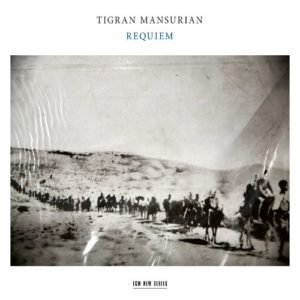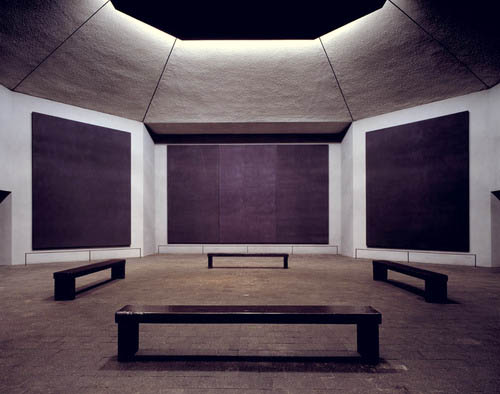Tigran Mansurian
Requiem
RIAS Kammerchor; Anja Petersen, soprano; Andrew Redmond, baritone;
Münchener Kammerorchester, Alexander Liebreich, conductor
ECM New Series 2508 CD
On the cover of this CD’s booklet is a picture from 1917, 100 years ago, of deportees from Turkey travelling through the desert to Aleppo in Syria. One thinks, “Plus ça change, plus c’est la même chose.”
Tigran Mansurian’s Requiem is written to commemorate victims of the Armenian Genocide, which took place in Turkey from 1915-’17. It is a calamity that affected his own family and one that he has long wanted to address, albeit with some trepidation. In the copious liner notes, which include thoughtful essays both by writer Paul Griffiths and the composer, one learns that the tension of writing a Requiem using liturgical Latin while coming from the tradition of the Orthodox Church proved a significant challenge, both compositionally and culturally. How could Mansurian depict and honor the struggle and emotional condition of the Armenian people while using such decidedly Western material, with the weight of luminaries such as Mozart, Berlioz, and Verdi behind it?
The struggle to address this situation has proven well worth it. Mansurian’s solution is ingenious. Like Fauré, he is selective with the text, omitting much of the Dies Irae sequence (what remains is absolutely chilling). Mansurian also realized that the great Requiem masses from the 18-19th centuries often sounded as if their protagonists’ singing was “less like a prayer, more like a demand.” That would not do for depicting the mindset of Armenian Christians. Thus, Mansurian chose to try to reflect the Orthodox tradition in a Latin mass. He did so in two ways. The first was to incorporate melodic material, often modal or synthetic scales, that represent Eastern liturgical and folk music. The second was to include chanting reminiscent of Orthodox monodic singing, but with the Latin words as its textual basis.
These incorporations make the piece timeless in its sound world. Sections of chant, both in the tenors and in alternim sections between men and women’s voices, present haunting scalar passages that resonate with Eastern music. Two brief solos – one for soprano Anja Petersen and the other for baritone Andrew Redmond – are memorable parts of the Tuba Mirum and Domine Jesu Christe movements.
Despite the comparatively modest forces – four-part chorus (with no divisi) and strings – the texture does not rely solely on the spareness of chant. Indeed, there are moments of exceeding richness. Like so many Requiem masses, the key of d-minor, with a number of modal variants and splashes of D-major as well, is prevalent. Polychords press into bare triads (there is even a moment of C major amidst the plethora of minor key successions). The orchestration is particularly vivid, so much so that you don’t mind having strings accompany the “Tuba mirum” sans brass. Conductor Alexander Liebreich leads the combined forces of RIAS Kammerchor and Münchener Kammerorchester in a pitch perfect performance that is austere and emotive in just the right moments.
It is, of course, too soon to tell if Mansurian’s Requiem will be a piece for the ages. It is certainly a deeply touching and sensitive reimagination of a text that some may feel has long since been ossified by its own traditions. Perhaps more importantly, in addressing genocide and refugee crises from a century ago, Mansurian holds up a mirror to our own time and dares us to be unflinching in our gaze. For that alone, it is a work of great value.

